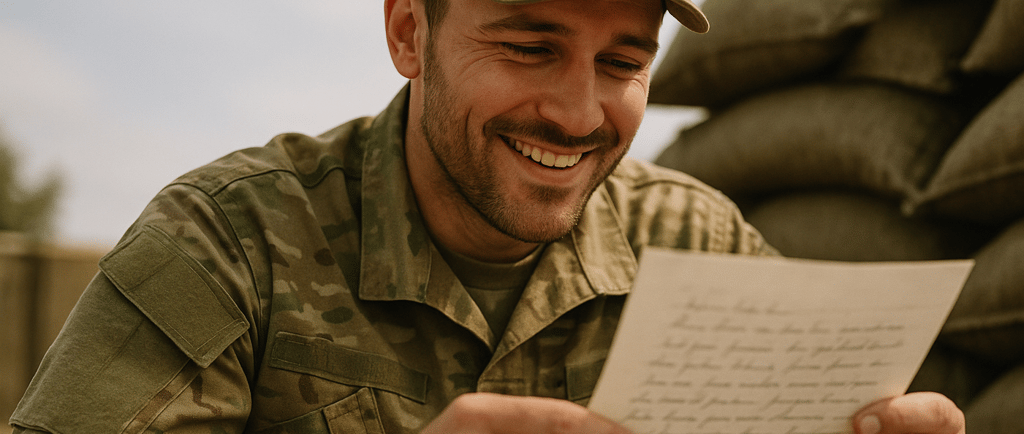“When we recall the past, we usually find that it is the simplest things - not the great occasions - that in retrospect give off the greatest glow of happiness.” – Bob Hope
Agápē (ἀγάπη): a Greek term that refers to selflessness, unconditional love, and charity.
KINDNESS | EMPATHY
9/15/20252 min read


Agápē originated from the ancient Greeks’ desire to clearly define the different types of love: Éros (passion), Phila (loyalty and trust), Storgē (natural bond), and Agápē (benevolence). And similar to omoiyari, agápē is love that gives without asking for anything in return.
Aristotle wrote about beneficence (the acts of doing good). In Rhetoric, Book II, Ch. 7, he wrote, “Beneficence may be defined as doing good to others, not because it is to your own advantage, but because it is theirs.” (Rhetoric II.7, 1385a15–17)
We saw the spirit of agápē celebrated at the 77th Primetime Emmy Awards when Mary Steenburgen and Ted Danson received the Bob Hope Humanitarian Award for their lifelong work in service and philanthropy. Accepting the honor, Steenburgen said, “Life is made up of two emotions, love and fear. The world is a little out of balance. We don’t want to live in fear, so we make ourselves useful working for organizations that move the scale away from fear and put us smack dab in the middle of love.” They made the conscious choice to tip the scales toward love.
Across cultures and religions, the principles of agápē exist. In Christianity, it’s God’s love for humanity, expressed through unconditional love. In Judaism, it’s through ahavah or covenantal love. In Islam, it comes in the form of divine mercy or rahmah. In Buddhism, mettā or loving-kindness is practiced. In Hinduism, it ties back to bhakti, or devotion to the divine. It is the call to compassion and selfless love. The language may differ, but the heartbeat is the same: compassion without condition.
Whether you believe in a religion or focus on observable realities in life, agápē can help you and those you care for through difficult times. You don’t need a platform or celebrity status to practice agápē. It could be as ordinary as donating clothes you no longer wear, calling a friend who’s struggling, or offering a smile to someone who feels invisible. As Bob Hope once said, “I have seen what a laugh can do. It can transform almost unbearable tears into something bearable, even hopeful.” Share your gift of compassion.
Silent battlefield,
a letter carries love’s weight.
Dawn breaks with promise.
RiSE
Transform confusion into clarity through connection.
Contact Us
Let's Connect
contact@riseaboveit.com
123-456-7890
© 2025. All rights reserved.